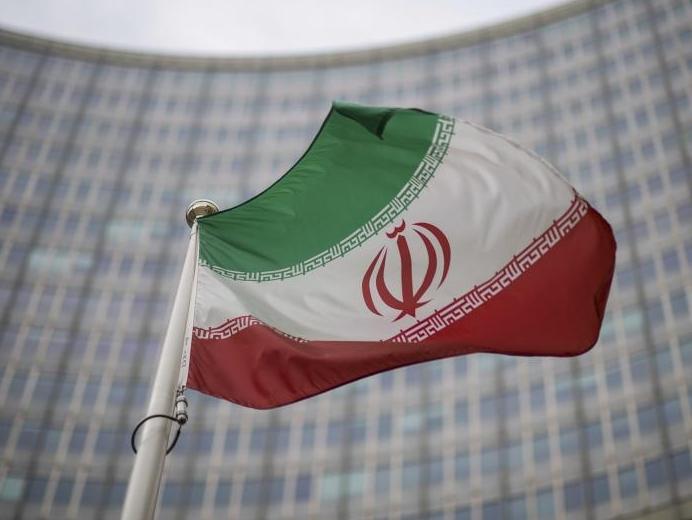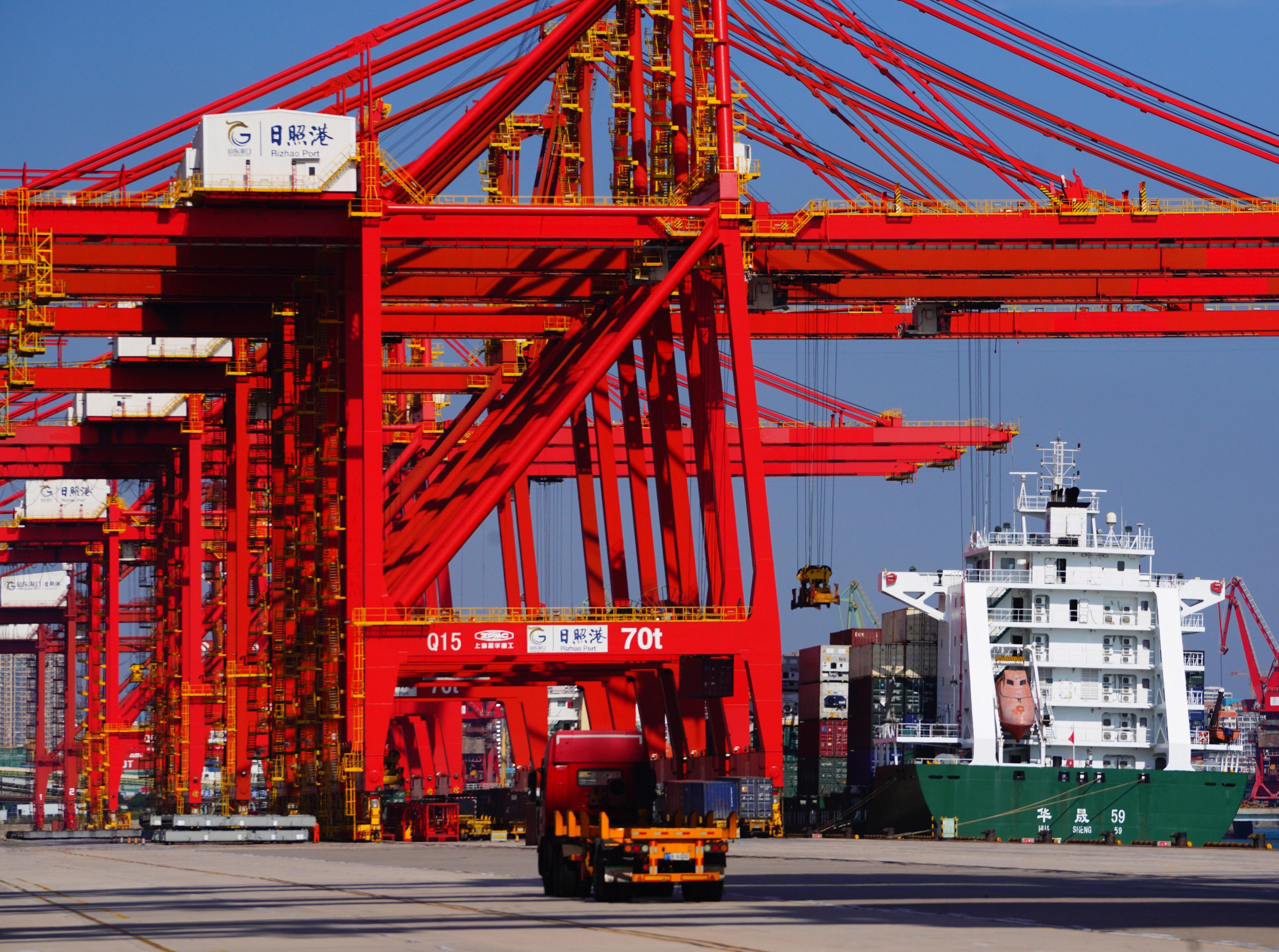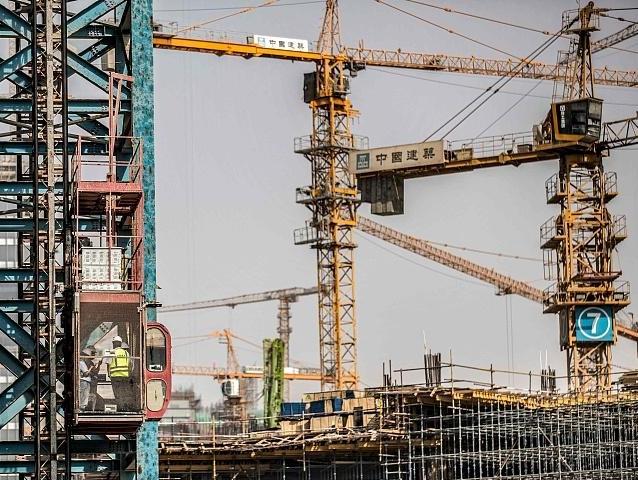Opinion
February-7-2023

- A partnership of resilience
- Recent financial support for Sri Lanka and its people from China is an example of the two countries' time-tested bilateral friendship.
January-31-2023

- ?How the US is breaking the global trading order
- The U.S. seeks to aggressively shore up its advantages by willfully undermining the global trading order in the name of "America First."
January-30-2023

- What is really behind Iran's nuclear deadlock?
- As the Iran nuclear deal remains in limbo, American politicians are pointing fingers at China for its supposed role in the stalemate. But a closer look reveals that the real obstacle lies within U.S. domestic politics.
January-11-2023

- The struggle to elect a new speaker shows the bitter divisions in US politics
- The recent drawn-out and contentious election of Kevin McCarthy as U.S. House speaker looks to have a further destabilizing effect on American domestic politics and to U.S.-China relations.
January-10-2023

- Why 2023 marks the return to old world politics
- The effects of COVID-19 and the war in Ukraine mean that the global political environment is shifting into a new climate of "multipolarity," marking a decisive break with a longstanding period of American hegemony.
January-3-2023

- A call for closer relations between China and the Arab states
- Since the 1950s, China and the Arab states have gradually established diplomatic relations built on mutual understanding and respect and acting as good partners on the basis of equality and win-win benefits.
December-26-2022

- ?China's critical role in boosting global growth in 2023
- Most countries of the world benefit significantly from globalization, and China, with its specific actions, shows that cooperation and economic engagement are better ways to ensure continued growth.
December-9-2022

- Closer China-Arab partnership key to mutual prosperity
- China and the Arab world share interests in multiple areas, which is why their partnership is critical for ensuring mutual prosperity.
December-7-2022
fe6a1582-551c-42f4-ac82-e33b891921cb.jpg)
- What US travel warnings tell us about America
- Numerous countries have issued candid advice to travelers to the U.S. due to increasing violence, largely stemming from its ongoing inability to enforce meaningful gun control measures.
December-1-2022
2a54820b-a3c5-4aef-aa42-0991d1e713f5.jpg)
- What is behind increase in US murder rate?
- The rate of single-victim and mass murders in America has risen significantly in 2022.


